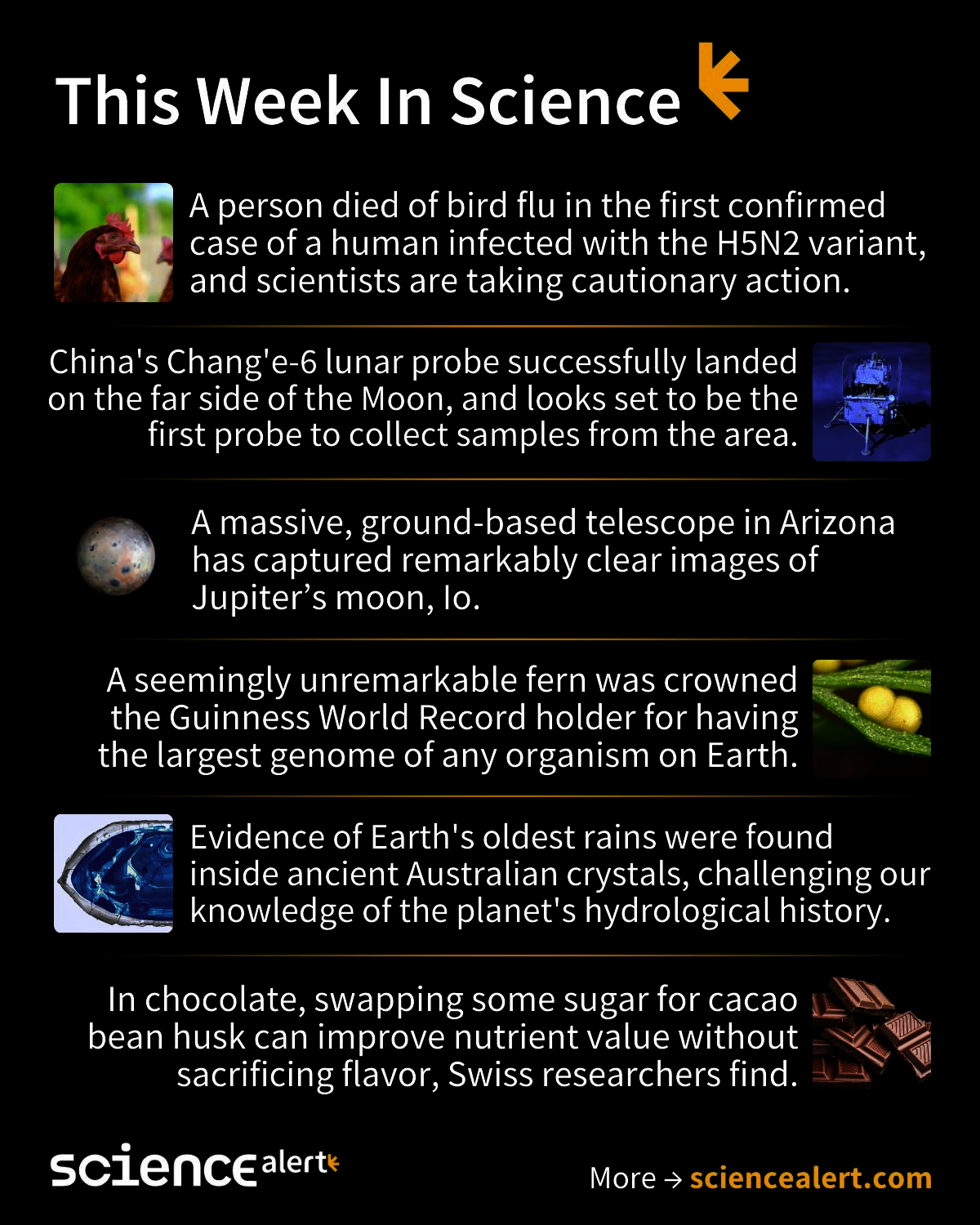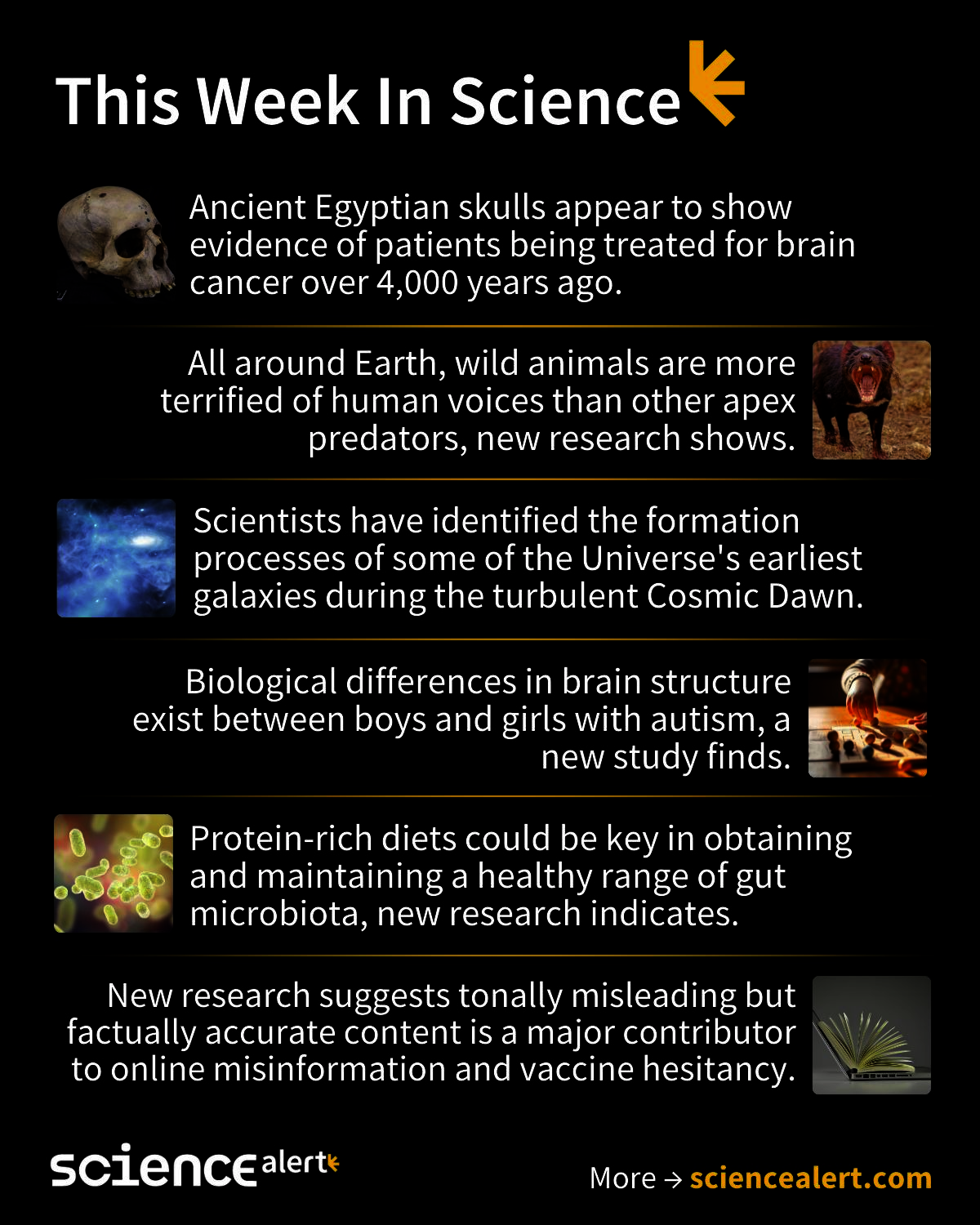26
58
28
9
Transcription and translation of Grothendieck’s 1972 CERN talk "Will we continue scientific research?"
(thehighergeometer.wordpress.com)
30
16
Welcome to the age of space scepticism – and a growing revolt against elites
(theconversation.com)
32
53
33
30
Mathematicians Attempt to Glimpse Past the Big Bang | Quanta Magazine
(www.quantamagazine.org)
37
11
The face of a Neanderthal from 75,000 years ago has been found by scientists
(www.infoterkiniviral.com)
43
111
Insects and Other Animals Have Consciousness, Experts Declare | Quanta Magazine
(www.quantamagazine.org)
47
168
48
49
50
85
Science
2899 readers
3 users here now
General discussions about "science" itself
Be sure to also check out these other Fediverse science communities:
founded 2 years ago
MODERATORS

